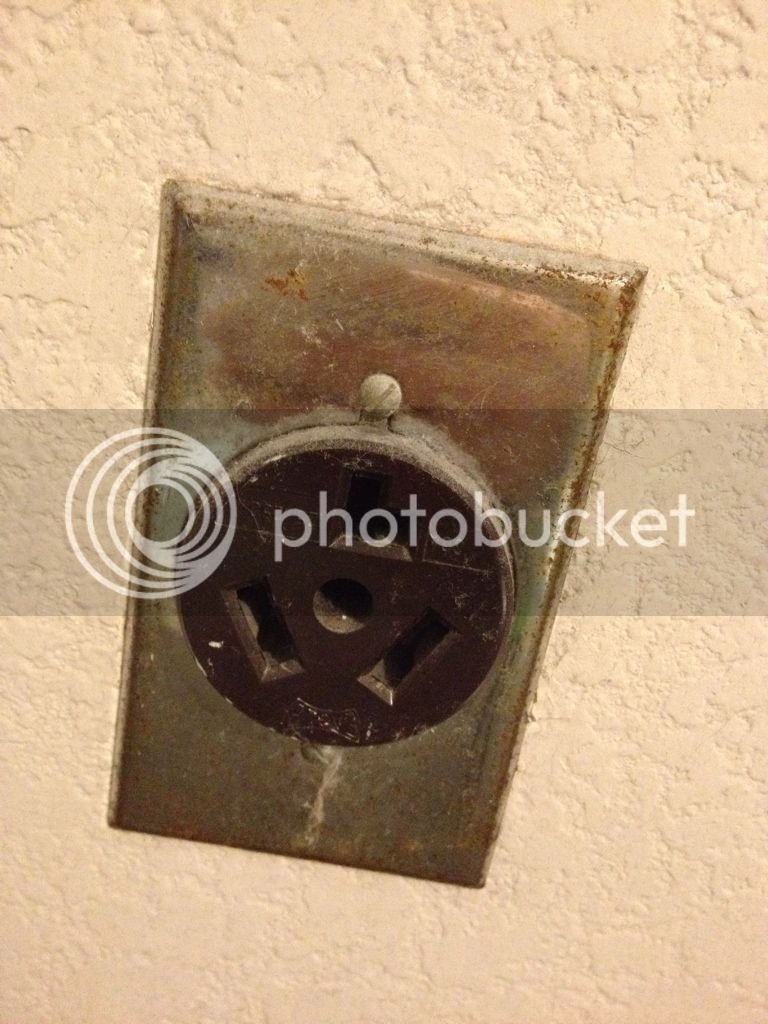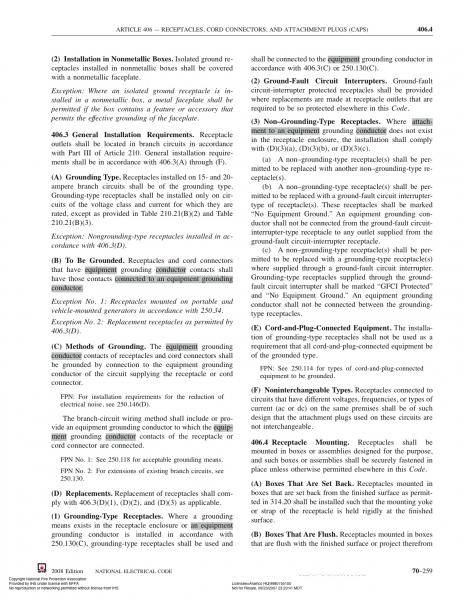grandequeso
Well-Known Member
Listen I'm no engineer, I'm no master brewer, But I am a well seasoned licensed service electrician. Here is my advice. All you need to do is ask your sparky to run you a 30amp circuit with a neutral and a ground. Tell him you have a square D brand "QO" breaker panel. Ask him ahead of time to order a 30amp "QO" gfci breaker for your panel. Supply house may not have it in stock, so let him know that what you need in advance. Forget the spa panel, all you need to do is have a gfci breaker in your panel. Its only a few dollars more and will make your install a little neater. Folks just use them things to same a measly $20. You'll spend more than that on your sparkys labor by making him install an extra box. When he is there ask him to look over your box. It looks to me like it is ungrounded. Looks like there are only three wires coming into it. Please don't tell me that is a meter can next to the panel. If that is the case its possible they double tapped the load side of the meter. If that is what you have you have I feel bad for you. In any event, the panel isn't grounded. I can tell you that much easily from the photo on page one of this thread. Without being there and seeing what all is feeding the box, I can't say exactly what needs to be done to correct it. Basically someone goofed when they installed the box originally.
Just to be clear, your control will will need to have either fuses or a breaker installed in it to protect the 120volt parts of your system (your pumps and pids) a 15 amp breaker or fuse will work fine for that.
Grandequeso.
Just to be clear, your control will will need to have either fuses or a breaker installed in it to protect the 120volt parts of your system (your pumps and pids) a 15 amp breaker or fuse will work fine for that.
Grandequeso.














































![Craft A Brew - Safale BE-256 Yeast - Fermentis - Belgian Ale Dry Yeast - For Belgian & Strong Ales - Ingredients for Home Brewing - Beer Making Supplies - [3 Pack]](https://m.media-amazon.com/images/I/51bcKEwQmWL._SL500_.jpg)



















